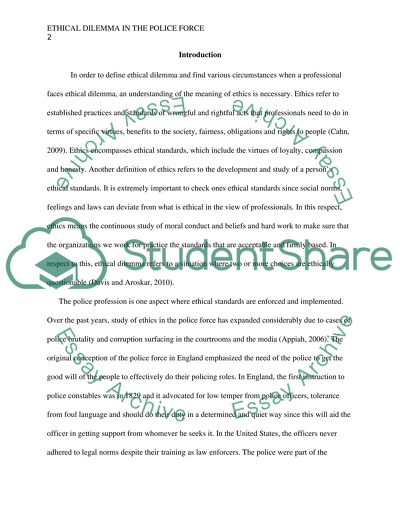Cite this document
(“Ethical Dilemmas in the Police Force Research Paper”, n.d.)
Retrieved from https://studentshare.org/law/1446887-ethical-dilemmas-in-your-career
Retrieved from https://studentshare.org/law/1446887-ethical-dilemmas-in-your-career
(Ethical Dilemmas in the Police Force Research Paper)
https://studentshare.org/law/1446887-ethical-dilemmas-in-your-career.
https://studentshare.org/law/1446887-ethical-dilemmas-in-your-career.
“Ethical Dilemmas in the Police Force Research Paper”, n.d. https://studentshare.org/law/1446887-ethical-dilemmas-in-your-career.


